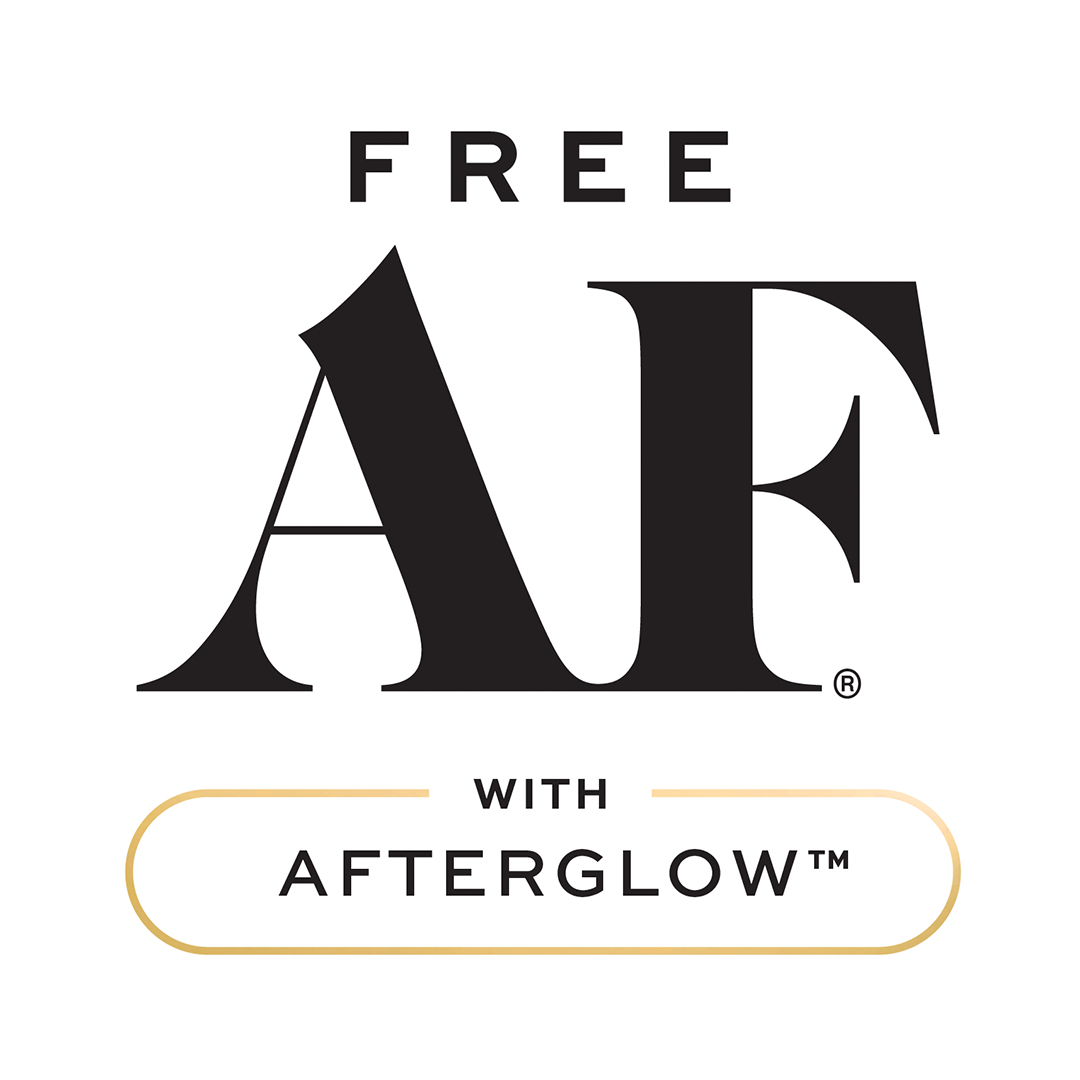BOSS AF
BOSS
AF

LISA KING
AF FOUNDER
Lisa King is most well known as founder of New Zealand social enterprise Eat My Lunch. She waS 2019’s MYOB Woman Entrepreneur of the Year and a 2019 New Zealander of the Year finalist after starting Eat My Lunch from her home kitchen in 2015. In 2020 she created AF Drinks, underpinned by a new social mission of its own.
For those kids in the scheme, the benefits have gone far beyond a full belly. 60% of schools have reported improved attendance and 89% reported an improvement in student health and well-being. “There were parents and families not sending the kids to school because they were really embarrassed about their kids going without lunch,” says Lisa. And when the kids show up, being well-fed makes all the difference. “Teachers tell us they can tell when a kid’s had food. They’re just different people when they come into the classroom.”
With Eat My Lunch now humming along, Lisa came up with a new idea founded on helping people explore a new relationship with alcohol. It all started when Lisa connected her bouts of vertigo to her beloved gin-and-tonics and decided to give up the drink for a while. She quickly realized there were very few good alternatives to alcoholic drinks. “Either they didn’t taste that great or they were really expensive.” There was a clear gap in the market – not just for a nice, grown-up AF drink, but for a brand that could lead an attitude shift. Lisa could see her new alcohol-free life being permanent but she got a lot of push-back. “It’s like, ‘What’s wrong with you? Are you pregnant?’ I was thinking I’m making a really good choice here, but I was made to feel really socially awkward. That’s where the idea for AF came from – not just a product, but a world where it’s ok to make your own decisions and to do that with confidence.” That thread of a social mission that started with Eat My Lunch has found its way into AF drinks – a socially acceptable alcohol-free alternative, all underpinned by a mission to normalize not drinking.








